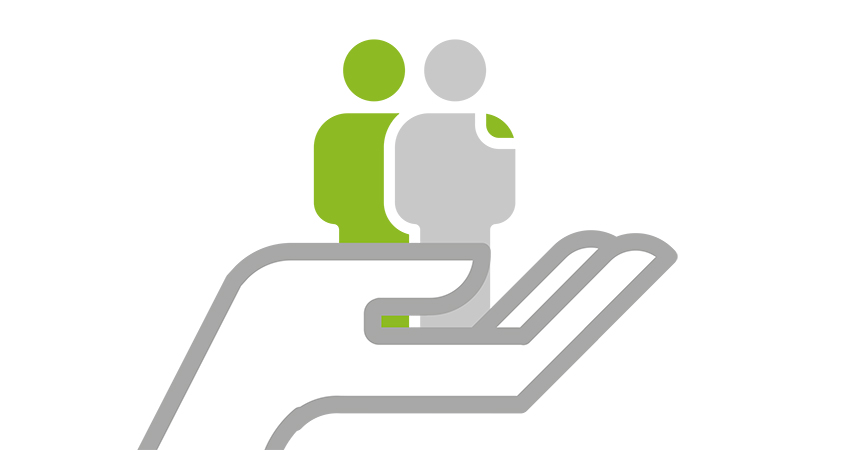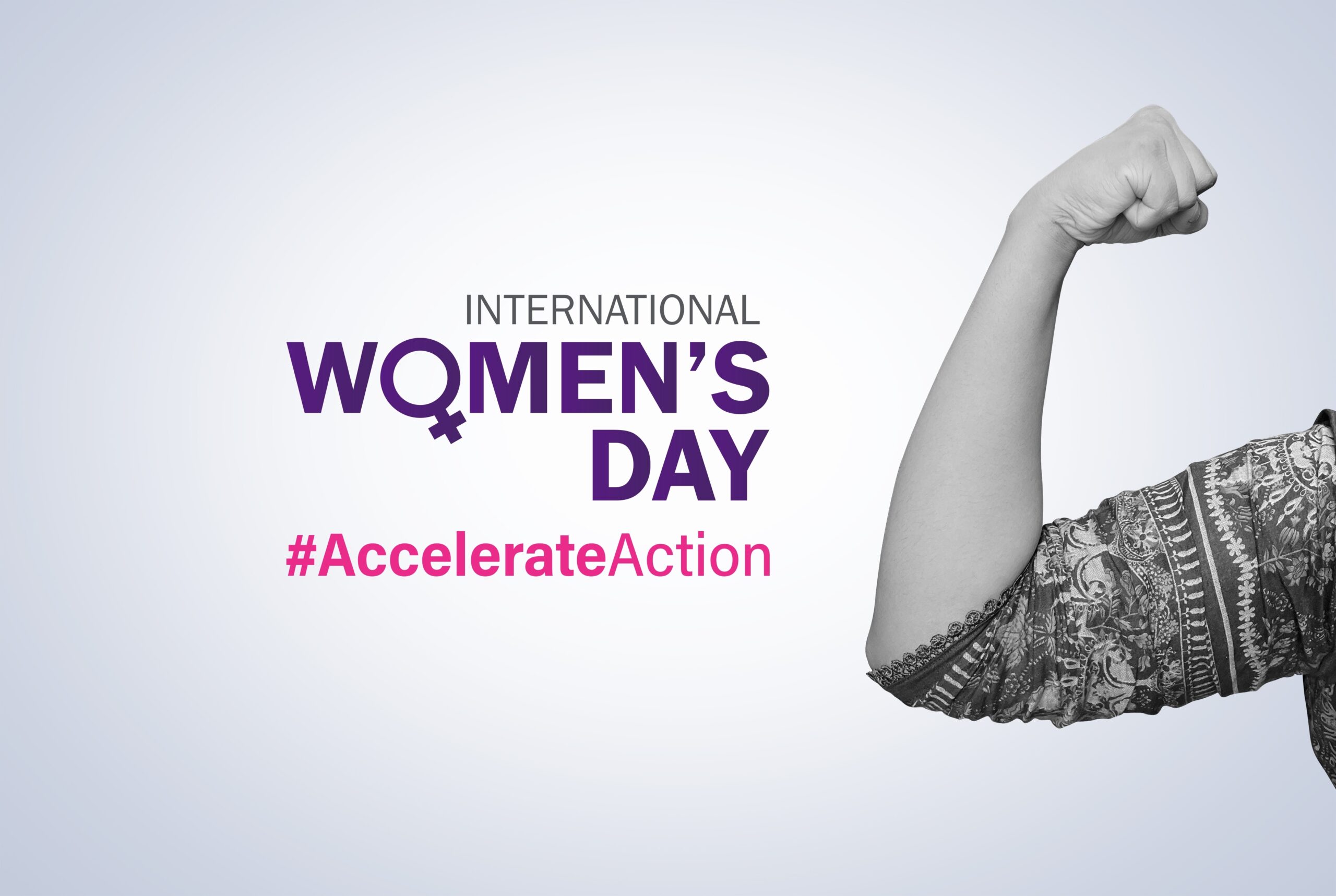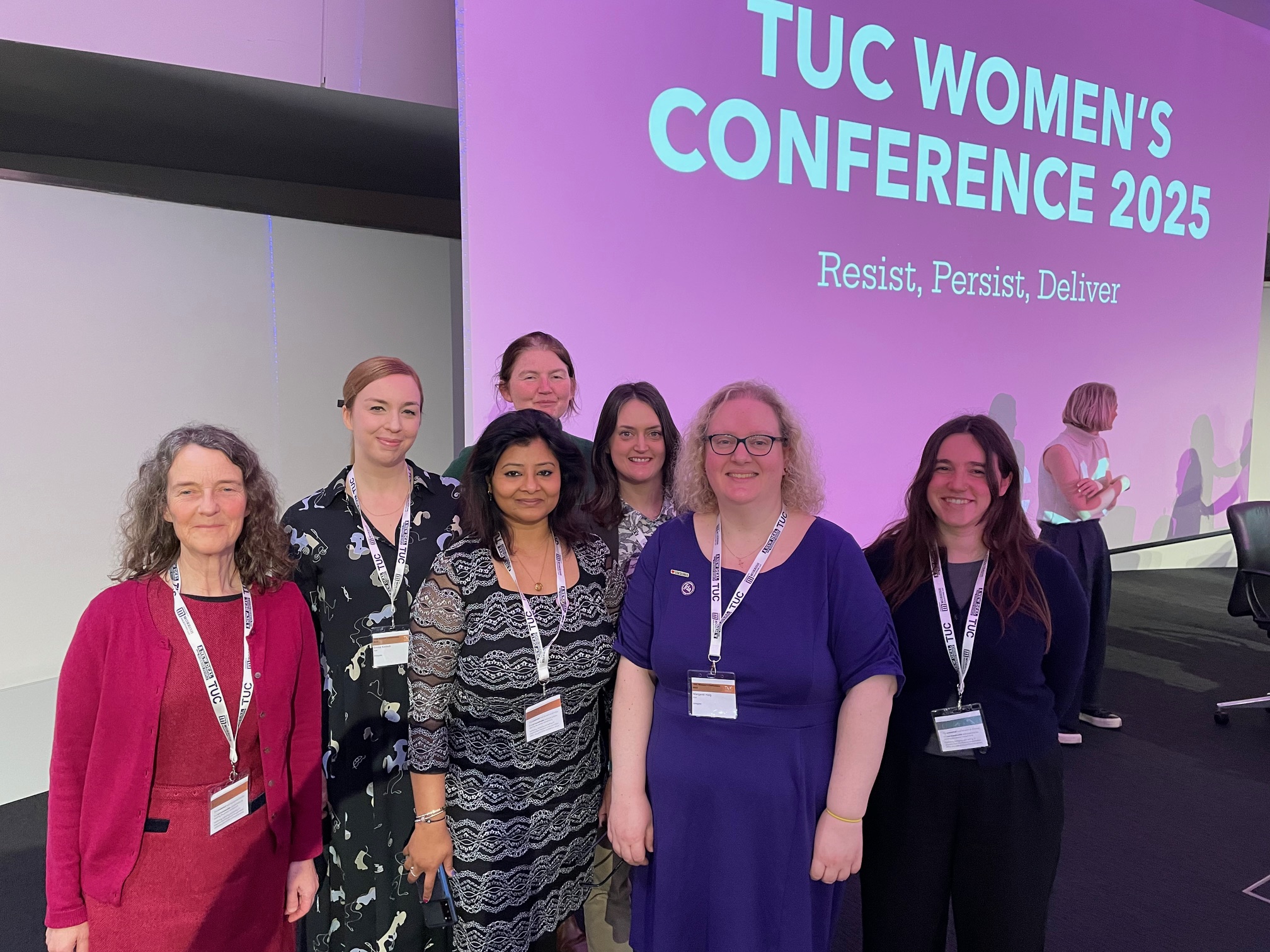Helping carers balance responsibilities and careers

We’re delighted to launch our latest research into the working lives of carers. Last summer we reached out to thousands of civil servants to understand their experiences of balancing their caring responsibilities alongside their careers. The insight members shared with us has allowed us to publish our report and shine a light on where the support is great, and where we think things could be improved.
Our research gives detail on the kind of caring responsibilities civil servants do alongside their work:
- 90% of respondents told us that they provide emotional support;
- 88% provide practical help; and
- 75% help out with paperwork or financial matters.
These additional tasks can have a significant impact on work:
- 1 in 3 respondents didn’t feel comfortable discussing their caring responsibilities with their line manager; and
- nearly 40% felt they’d been treated less favourably at work as a direct result of their caring responsibilities.
Throughout the research you’ll find stories and excerpts from members who have taken the time to explain in detail their experiences of caring in the civil service. We are really grateful for the open responses we received. It’s clear that for some, their employer has been supportive and flexible, allowing individuals to manage the delicate balance of caring and working. For others, the standard has fallen short.
We were particularly keen to look at the experience of members who have a Carer’s Passport – and to hear from those who have opted out. We’re fully supportive of the scheme and believe that for many, it provides certainty and a structure that can help employers and employees manage the different responsibilities individuals have to face. However, it’s clear there not only are there still barriers preventing members from signing up, the numbers who simply don’t have a passport are still very high.
Recommendations
From our research and conversations with members we were able to pull together a number of recommendations which we believe will make working life easier for carers in the civil service:
- The Carer’s passport is an excellent tool, but line managers need to better understand how to adapt and use it. We’d like to see training available to ensure that managers are able to support members who approach them, seeking to formalise adjustments to support their caring.
- A dedicated HR point of contact in each employer, so that members who are facing difficulty balancing their caring responsibilities have a source of independent impartial support. This HR contact should also be available for new starters who face issues having the recommendations in their passport adopted, and provide additional support to line managers.
- Formalising caring arrangements should be the default – managers should proactively ask staff to undertake a Carer’s Passport and ensure that if circumstances change, they are taken into account.
- There should be an enforceable time limit for completing, agreeing and actioning the Carer’s Passport. Employers should commit to actioning agreed changes within eight weeks.
We’ll be taking these recommendations forward, working with colleagues in Civil Service HR to ensure that the needs of carers are prioritised, particularly when we think about returning to offices and changes that are triggered in response to the pandemic. If you have any questions or comments on our work in this area, please do get in touch: equalitymatters@fda.org.uk
Related News
-

FDA attends TUC Young Workers’ 2025
This March, an FDA delegation attended the annual TUC Young Workers’ Conference in Congress House, London.
-

FDA celebrates Women’s History Month 2025 with panel event
To celebrate Women’s History Month and International Women’s Day 2025 the FDA hosted a panel event looking at the history of women in the civil service and within the trade union movement.
-

FDA attends TUC Women’s Conference 2025
A delegation of FDA members attended TUC Women’s Conference 2025, held in Congress House, London, from 5-7 March.